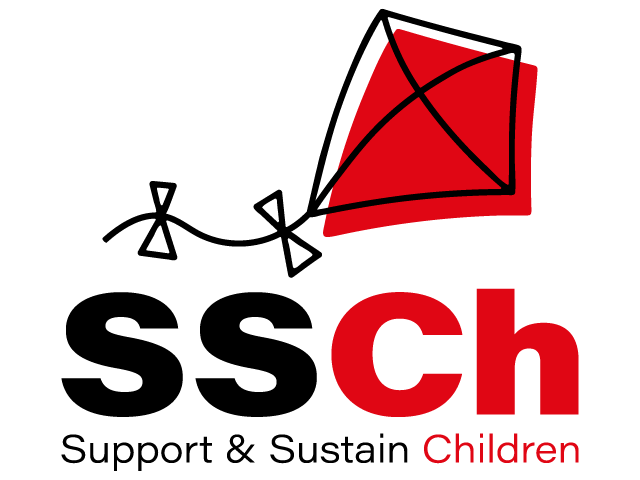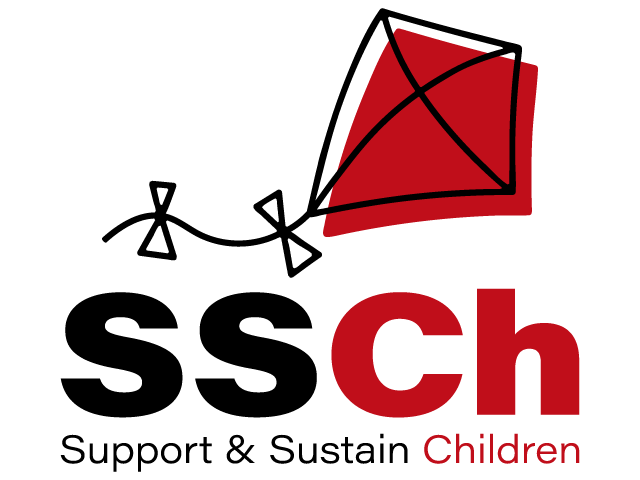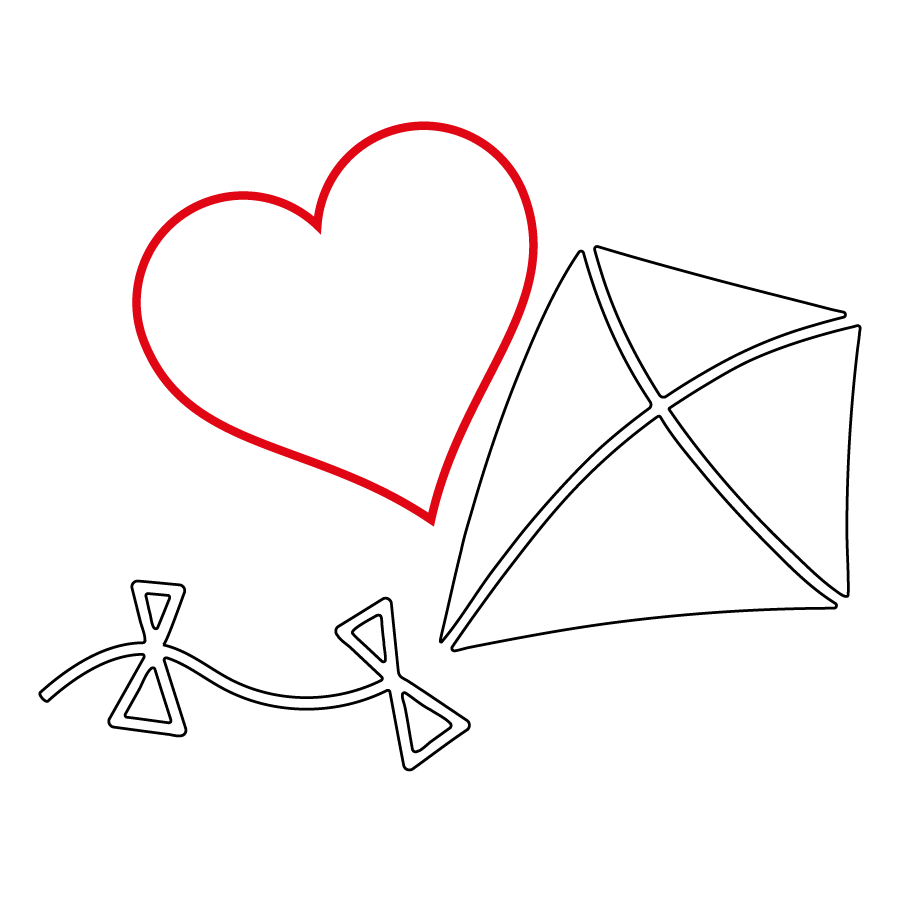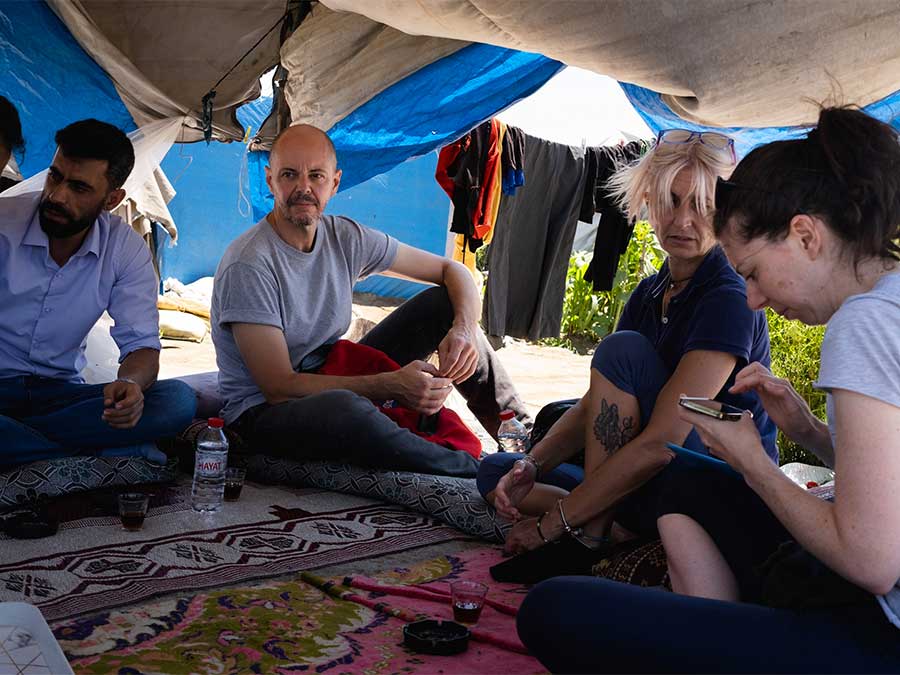Every time i go back to the camp I always ask myself “Why?”. I walk through the tents, the dirt, the hellish heat, men and women with no smile on their faces, children with a huge smile… it makes me ask how all this can be possible. How can they live in such a situation, and how much are we able to tolerate? I spend the first day in the camp questioning myself and it is always the toughest day of every mission, because of the strong impact of the harsh reality. It is difficult to stay and accept what I see; it is difficult not to feel angry and upset as a doctor and as a human being. In front of me there is a malnourished child: he simply doesn’t have enough milk to drink. Next to him, there is a mother with her child who has had high fever for the past weeks and no chance to be cured in a hospital since “they just don’t look at him”. Then there is a man, terminally ill with cancer, who doesn’t have and will never have access to pain therapy. Finally, a boy is blind from one eye because of an explosion. After the strong impact of the arrival, I start to remember why I am here. Back home in Italy everything is so simple and predictable. Health care is always guaranteed to everybody. We have access to the latest technologies and therapies … a medicine that is super high tech, avant-garde and interventionist, yet sometimes abusive. We rely on technology while we are loosing the relationship and communication with the patient, the simplicity of listening and taking care. And I ask myself how it is possible that you have the most modern hospitals on one side of the world, while on the other it is impossible even to find the most basic drugs such as paracetamol. Being a doctor in the camp implies that you improvise with very little means and technical equipment. Sometimes I don’t have a phonendoscope and I have to listen to a baby’s lungs directly with my hear. This is something I had never done before. Sometimes I just listen to the patients and we simply try to understand each other; or I give a caress and we smile together when I don’t have the medicines needed or when I see that everything is going to heal by itself. Sometimes I feel useless, but I always feel at home. The refugees camps often are an empty spot that SSCH alone will never be able to fill. They are a symbol of the failure of our society, because we have abandoned so many human beings in this cruel and hopeless limbo. Still, at the end of the day, we try to do what we can: with very little, sometimes nothing, and with the hope that it can be just a little help for somebody.
La polvere, il sangue, le mosche, l’odore,
per strada e fra i campi la gente che muore.
E tu, tu la chiami guerra e non sai che cos’è,
e tu, tu la chiami guerra e non ti spieghi perché.
L’autunno negli occhi, l’estate nel cuore,
la voglia di dare, l’istinto di avere.
E tu, tu lo chiami amore e non sai che cos’è,
e tu, tu lo chiami amore e non ti spieghi perché.
(Fabrizio De André, Terzo Intermezzo)



